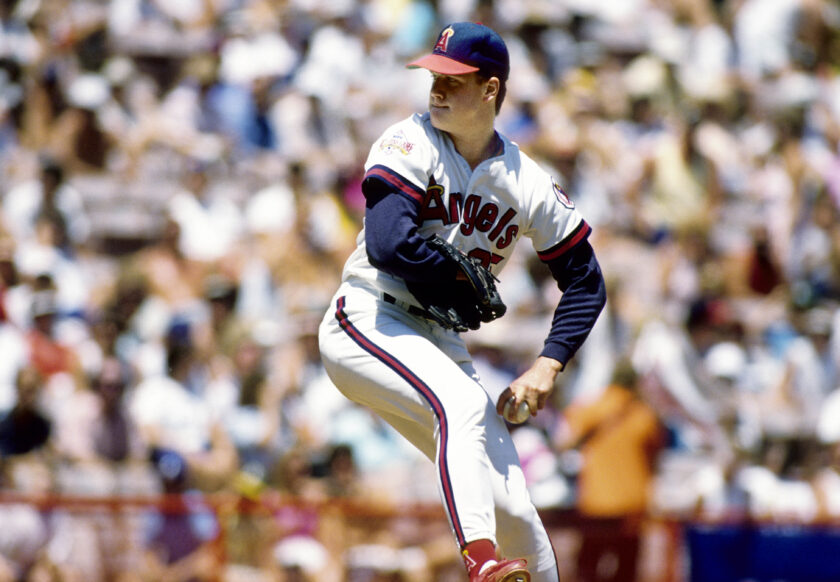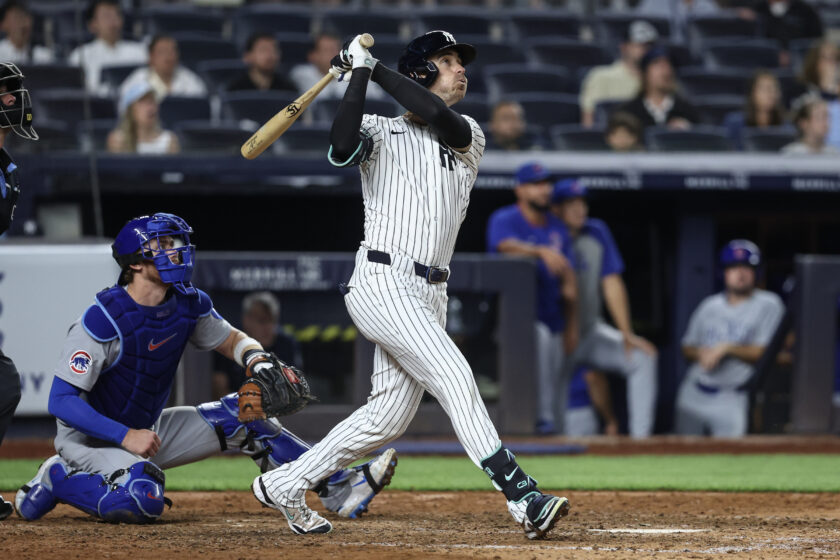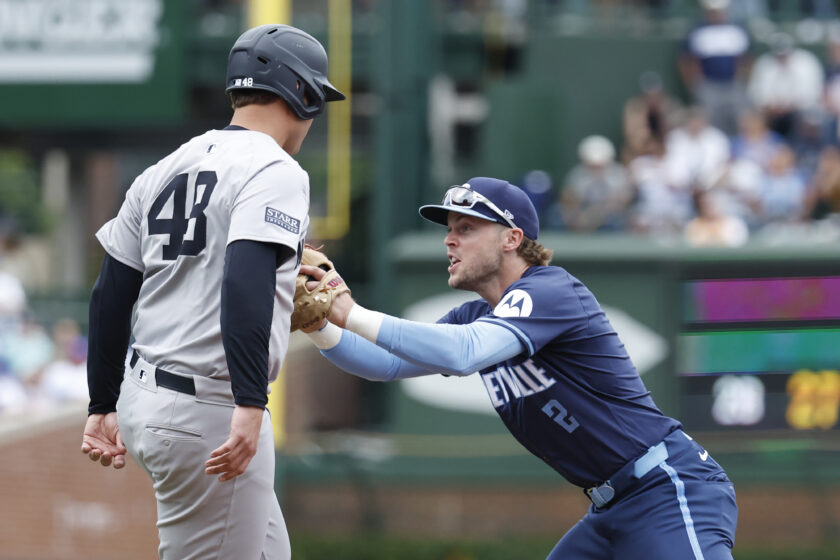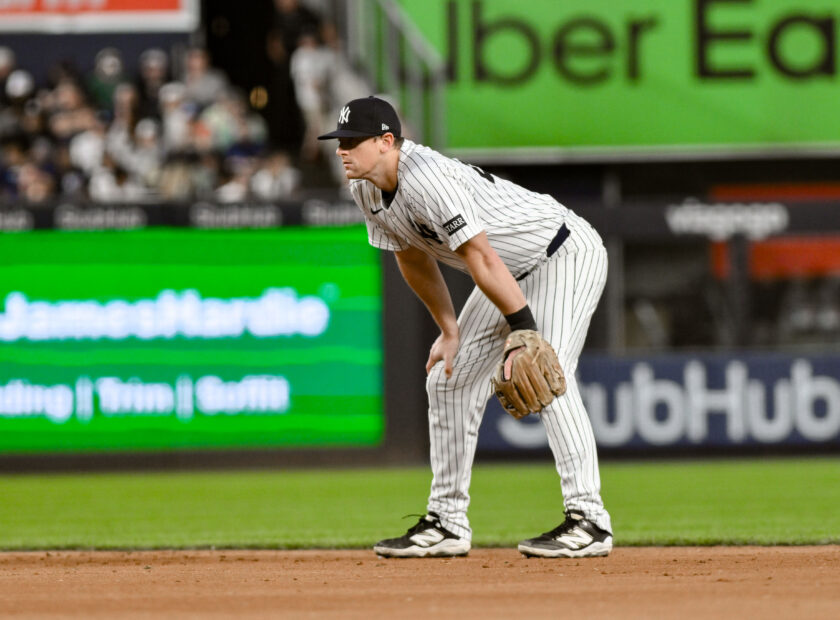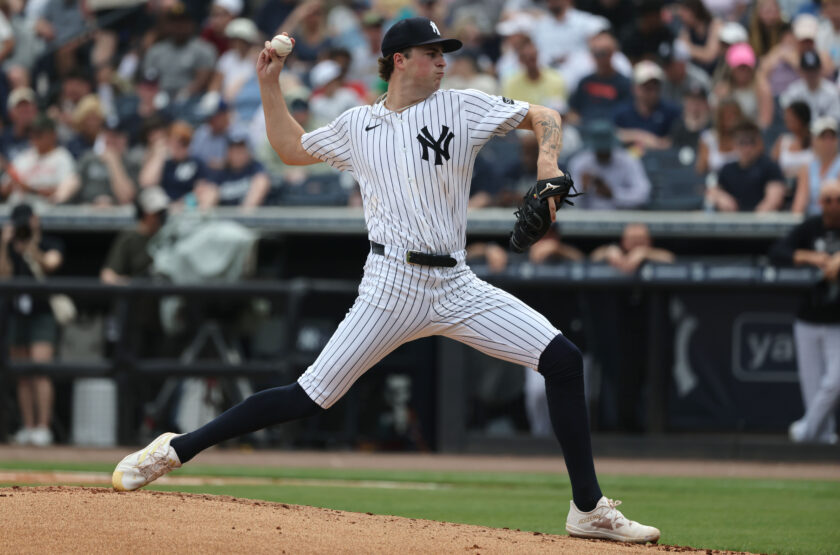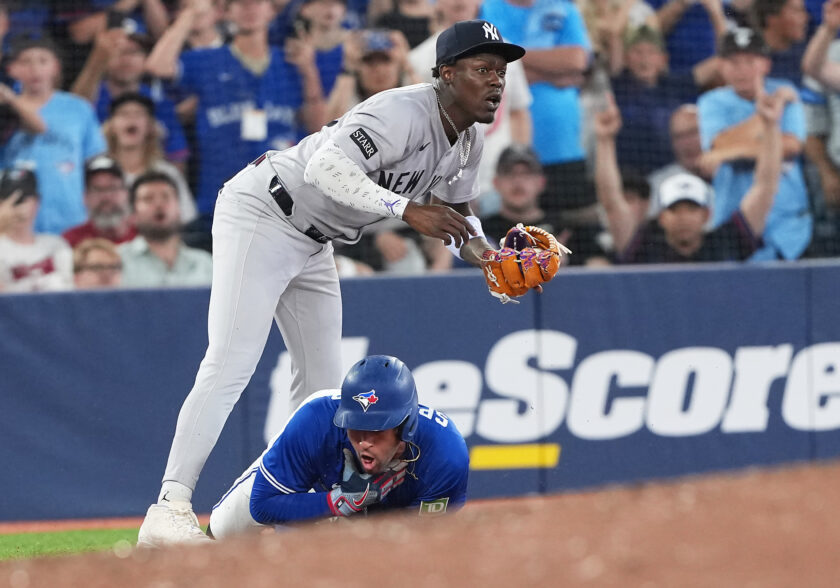New York Yankees: Signing young talent early a necessity for Bombers
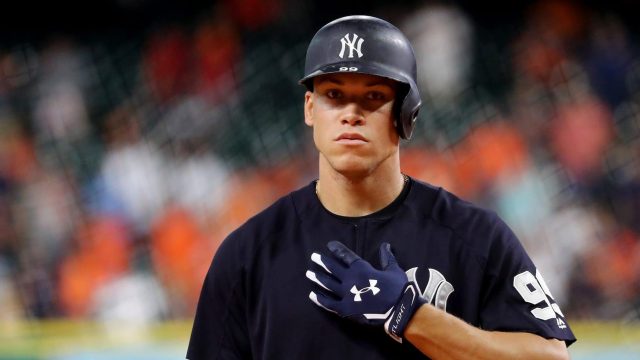
Should the New York Yankees jump on the new trend of signing young players to lengthy extensions early in their careers—even before they reach the big leagues?
Every team strives to have a roster that can compete for a World Series crown, and homegrown players are the preferred way to build a contender. While young players, such as Miguel Andujar of the New York Yankees and Ronald Acuña of the Atlanta Braves didn’t make the Opening Day cut—Acuña specifically because the Braves want to retain an extra year of team control—the Philadelphia Phillies are avoiding that process altogether.
The Phillies recently announced they signed 23-year-old second baseman Scott Kingery to a six-year extension that will see him make about $24 million guaranteed. Included in the deal are team options in 2024, 2025 and 2026.
OFFICIAL: #Phillies have signed Scott Kingery to a six-year contract through the 2023 season.
The deal also includes three club options for the 2024, 2025 and 2026 seasons. pic.twitter.com/fSKGoxsuUK
— Philadelphia Phillies (@Phillies) March 25, 2018
They did that before Kingery ever stepped foot on an MLB field.
The Phillies are the most recent team to lock up a young talent, but it’s something that has been done by other teams throughout baseball in recent years. Most notably, this has been the Cleveland Indians’ method of keeping players long term.
In 2015, Cleveland signed starting pitcher Corey Kluber to a five-year, $38.5 million extension and starting pitcher Carlos Carrasco to a four-year, $22 million extension. These deals were completed after Kluber had just won his first American League Cy Young Award and after Carrasco finished the season with a 2.55 ERA in 40 games. At that time, Kluber was 29 and Carrasco was 28.
The Indians did this again with second baseman Jose Ramirez in the spring of 2017. They inked the then-24-year-old to a five-year, $26 million extension after he hit .312 in 152 games in 2016. The following year, Ramirez went on to hit .318 with 29 home runs and 83 RBI en route to finishing third in the AL MVP voting.
Like the Phillies and Indians, the New York Yankees have good young talent. In all honesty, they probably have more of it than anybody else in baseball.
In the past two years, young, homegrown players such as Gary Sanchez, Luis Severino and Aaron Judge have all had breakout seasons. Even Didi Gregorius has broken out and become one of the top offensive shortstops in all of baseball.
This practice of locking up young talent, however, is something the Yankees have normally done.
While they did sign Brett Gardner, who was due to hit free agency after the 2015 season, to an extension early in 2014, he was already 30 at that time. With their recent influx of young players, the Yankees must consider signing them now.
And what do they all have in common? They’re under 30 and still have their best years ahead of them.
Yankees owner Hal Steinbrenner has made it in clear in the past that he does not believe a team needs a payroll exceeding $200 million to win a World Series. The Yanks are also intent on staying under the luxury-tax threshold. If the Yankees don’t lock up these players now, they’re going to fetch an incredibly high price when their current deals end.
This strategy, like many, isn’t 100 percent successful.
The Indians tried and were unable to sign shortstop Francisco Lindor to a lofty $100 million extension last year and the Atlanta Braves recently attempted to sign the 20-year-old Acuña, the second-best prospect in baseball according to MLB.com, to a $30 million deal.
While some players would rather bet on themselves and wait until free agency, it’s still worth putting the offer on the table.
The Yankees seem to be all-in on their farm system and have arguably the most young talent in baseball. They should back this new mindset up by ensuring these players will be a part of the team for years to come at affordable prices.
And if they can’t get a Judge or a Sanchez to sign a deal now, then perhaps extend the offers to prospects such as Miguel Andujar or Gleyber Torres once they’re ready for the big leagues. Both are guys the Yankees see as being important parts of the club’s future.
The Yankees have already changed their style by focusing on young players they developed rather than high-priced veteran free agents. With that, they should also look into changing their way again by handing out contracts sooner in a players career rather than later.
[sc name=”Yankees Link Next” link=”https://elitesportsny.com/2018/03/29/esnys-official-new-york-yankees-2018-season-preview-making-their-mark/” text=”ESNY’s Offical 2018 Yankees Preview” ]Contributing Yankees Writer | Sports Reporter for Centenary University’s “The Quill” | Centenary University ‘19

